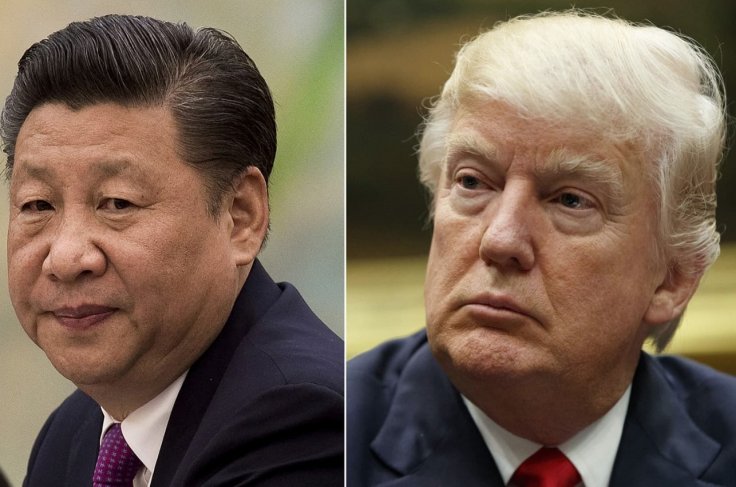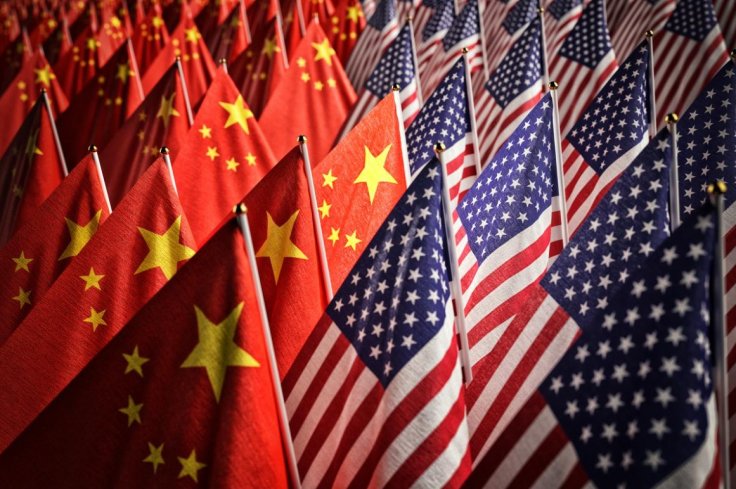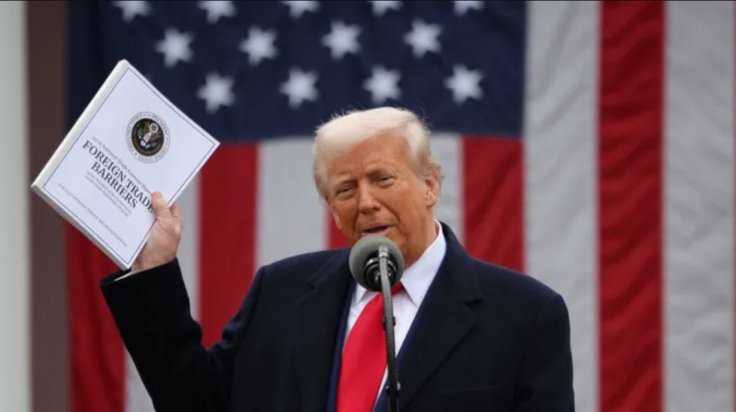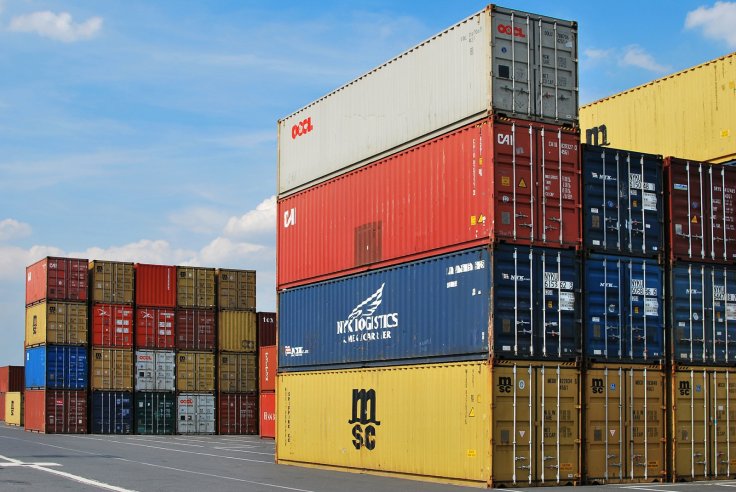China retaliated against President Donald Trump's broad "Liberation Day" tariffs on Friday by imposing its own 34 percent tariff on U.S. imports and introducing restrictions on some key rare materials—intensifying the ongoing trade conflict between Washington and Beijing.
Beijing revealed the move, marking the most significant escalation in the trade dispute with Trump so far. The standoff has raised fears of an economic downturn and sparked a sharp decline in global stock markets. Set to take effect on April 10, China's new tariff mirrors the 34 percent "reciprocal" duty imposed by Trump this week. These new levies are in addition to the existing tariffs already placed on American products.
China Responds with Vengeance

Among the minerals now facing export restrictions is samarium and its related compounds, which play a key role in aerospace production and the defense industry. Another restricted element, gadolinium, is commonly used in MRI imaging.
"The purpose of the Chinese government's implementation of export controls on relevant items in accordance with the law is to better safeguard national security and interests, and to fulfill international obligations such as non-proliferation," the commerce ministry said.

China's customs agency announced it has halted chicken imports from two U.S. companies — Mountaire Farms of Delaware and Coastal Processing — citing repeated detections of furazolidone, a drug prohibited in China, in their shipments.
The Chinese government also said that it has placed 27 companies on lists subject to trade sanctions or export restrictions.
Of those, 16 firms are now banned from exporting "dual-use" goods, which can be used for both civilian and military purposes. This includes the defense contractor High Point Aerotechnologies and the logistics company Universal Logistics Holding.
China in Revenge Mode
An additional 11 American companies were also placed on China's "unreliable entities" list, a designation that enables Beijing to impose penalties on foreign businesses. Among the companies targeted are Skydio Inc. and BRINC Drones, cited for their involvement in arms sales to Taiwan — a self-governing democracy that China considers to be part of its own territory.

"The United States' imposition of so-called 'reciprocal tariffs' seriously violates [World Trade Organization] rules, seriously damages the legitimate rights and interests of WTO members, and seriously undermines the rules-based multilateral trading system and international economic and trade order," the commerce ministry said.
"It is a typical unilateral bullying practice that endangers the stability of the global economic and trade order. China firmly opposes this."
This comes after Trump announced on Wednesday a 10% baseline tariff on all goods imported into the U.S., along with steeper tariffs targeting major trade partners.

The affected items range from high-end Italian coffee and Japanese whisky to Asian-made sportswear.
Trump defended the move, saying the "reciprocal" tariffs were in response to foreign tariffs and other trade restrictions placed on American products. He claimed the policy would help strengthen domestic manufacturing and create more jobs in the U.S.
"This is one of the most important days, in my opinion, in American history. It's our Declaration of Economic Independence," the president said of the announcement.









